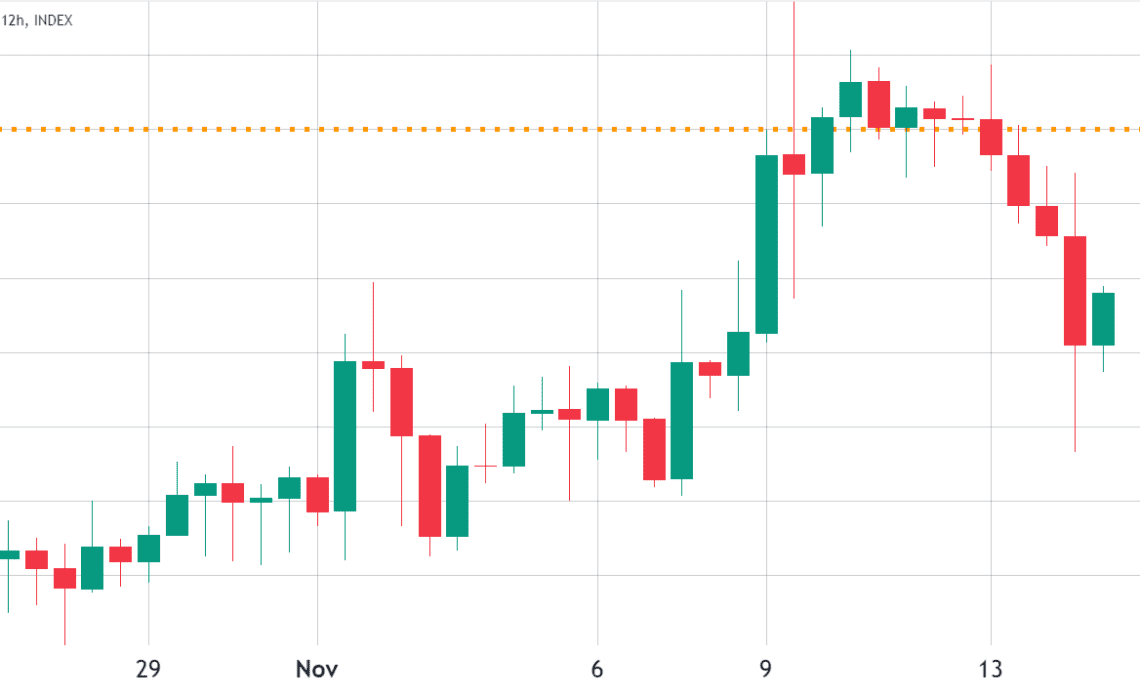Bitcoin (BTC) recently surged above $37,000 between Nov. 10 and 12, only to falter and undergo a correction toward $35,000 on Nov. 13.
This abrupt movement triggered the liquidation of $121 million worth of long futures contracts, and while Bitcoin’s price stabilized around $35,800 on Nov. 14, investors are left pondering the underlying factors behind this downturn.
U.S. inflation, gov’t shutdown impact on BTC price
Part of the catalyst behind this movement was the unexpected softening of United States inflation data on Nov. 14. The U.S. Consumer Price Index (CPI) showed a 3.2% increase in October compared to 2022, leading to a decline in yields on U.S. short-term Treasurys.
This triggered buying activity in traditional assets, potentially reducing the demand for alternative hedge instruments like Bitcoin. If the Federal Reserve’s strategy to curb inflation successfully without causing a recession pans out, Bitcoin may lose some of its appeal as a hedge.
Even Moody’s rating agency lowering its outlook on the U.S. credit to negative from stable on Nov. 11 did not sway favorably toward Bitcoin and other alternative hedges. Instead, investors sought refuge in short-term 5.25% fixed-income instruments, explaining why gold struggled to surpass $2,000 despite escalating debt levels and global economic challenges.
In China, October’s retail sales data indicated a 7.6% increase — the fastest since May. However, this apparent recovery conceals underlying issues, notably a 9.3% decline in property sector investments in the first 10 months of the year. China’s economic stimulus measures, including policy support and liquidity injections, have yielded only modest benefits.
Given that China is the world’s second-largest economy, its economic situation might contribute to investors’ cautious stance on riskier assets like Bitcoin, particularly when viewed within the broader global economic context. Additionally, recent political developments surrounding U.S. government shutdown threats could also influence Bitcoin’s performance.
The U.S. House of Representatives passed a bill on Nov. 14 to keep the government operational through the holiday season, temporarily averting a fiscal crisis. However, this measure sets the stage for potential spending disputes in the coming year, including a provision to cut federal spending by 1% across the board in 2024 if no agreement is reached.
Spot Bitcoin ETF…
Click Here to Read the Full Original Article at Cointelegraph.com News…
